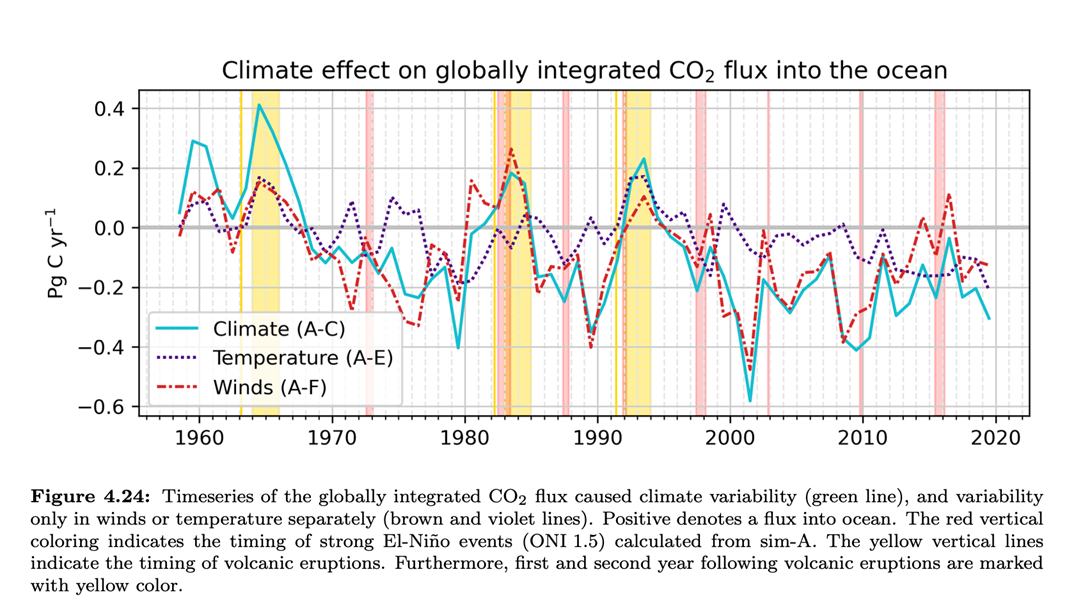MEAP-TT online seminar (17)

The MEAP Task Team is focused on developing the underpinning science and tools that will further the integration of biogeochemical and ecosystem models into existing ocean operational systems. The Task Team’s mission is to advocate for an expansion of the ocean observing system with respect to biogeochemical and biological properties, to support method development for the assimilation and modelling of Essential Biogeochemical Variables (EBV), to exchange of scientific advances and transfer of capabilities between academic and operational centres of expertise, and to help bridge the gap with end-users.
- MEAP-TT Online seminar (17)
- 2 July 2025, Online (MS Teams)
- 14:00 – 15:00 (UTC)
- Welcome
- Science talk: Physical data assimilation impacts on ocean carbon sink assessment (tentative title; Frauke Bunsen from Alfred-Wegener-Institut; 35’ with Q&A)
- News on Outreach activities (all)
- AOBs ( all)
| No | First name | Last name | Affiliation |
|---|---|---|---|
| 1 | Frauke | Bunsen | AWI (presenter) |
| 2 | Kunal | Chakraborty | INCOIS |
| 3 | Stefano | Ciavatta | MOi (co-chair) |
| 4 | David | Ford | Met Office |
| 5 | Julien | Lamouroux | MOi |
| 6 | Alexandre | Mignot | MOi |
| 7 | Lars | Nerger | AWI |
| 8 | Coralie | Perruche | MOi |
| 9 | Andrea | Rochner | Met Office |
| 10 | Tsuyoshi | Wakamatsu | NERSC |
| 11 | Kirsten | Wilmer-Becker | Met Office |
| 12 | Liuqian | Yu | UST (co-chair) |
| Title | Presenter | Affiliation |
|---|---|---|
| Estimating the recent global ocean CO2 uptake with data assimilation (video animation – daily_co2_fluxes_fesomrecom_asml-carbs-difference) |
Frauke Bunsen | Alfred Wegener Institut (AWI) |
Comment from the presenter (Frauke Bunsen):
There was a question about possible reasons for the drop in oceanic CO₂ uptake after the year 2016 in multiple model simulations. Here’s a figure from my master thesis for a previous model version, in which climate effects are separated into their wind-driven and temperature-driven parts:
The stagnation of CO₂ uptake from 2017 onward is a combined effect, which makes it complex to interpret. From what I’ve looked at, the most common reasons for such an effect in the model are less Southern Ocean CO₂ uptake related to enhanced wind-driven upwelling (more positive SAM), and less North Atlantic CO₂ uptake related to both temperature- and wind-driven winter mixing.
The preceding peak in the year 2016 is due to the 2015/16 El Niño, generated for the most part by reduced outgassing in the Peruvian upwelling system due to suppressed upwelling (wind-driven).
MEAP-TT meeting recordings are only open to attendees of the MEAP-TT meeting. To access the recordings you require a password. Please contact the OP programme office for information.
